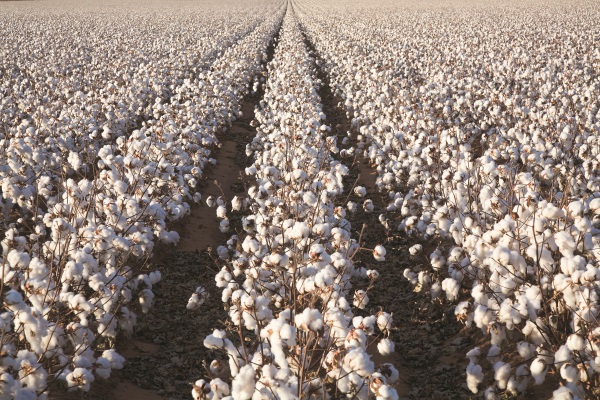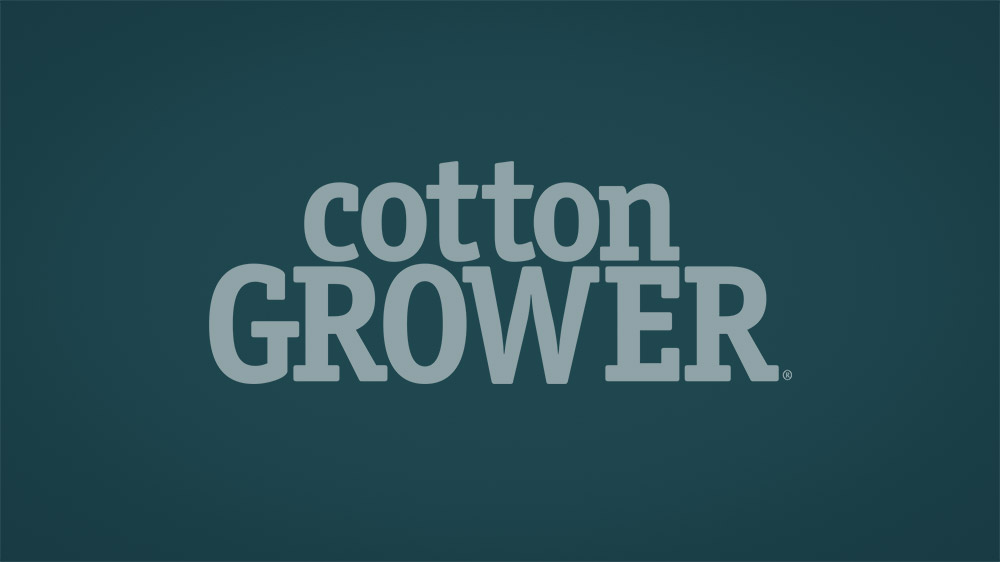NCC, Others Raise Concerns Over Indian Export Regulations
NCC staff, along with representatives of NCTO, ACSA and AMCOT, met with Administration officials to raise concerns regarding India’s ongoing restrictions on cotton exports. Since April, India’s use of various restrictions on cotton exports has added to the volatility and uncertainty in the world cotton market.
Following the Apr. 19 announcement banning further export registrations, the difference between the world cotton price and India’s internal price grew to 13 cents. Prior to the announcement, the differential between the two prices averaged 5 cents. By introducing an artificial gap between world and internal prices, India’s export restrictions convey benefits to their textile industry at the expense of textile industries in other countries. In late September, India announced an export quota of 4.3 million (480 lb) bales for the ’10 marketing year. While shipments under the export quota are supposed to occur by Dec. 15, India’s textile industry continues to call for a delay in exports until Jan 1.
US industry representatives expressed concerns that India’s export restrictions are exacerbating an already tight market situation. US mills fear that further job losses will occur as mills face cotton shortages in the 2nd and 3rd quarter of ’11. By disrupting marketing channels and distorting relative prices, India’s export restrictions could also prove detrimental to longer-term cotton demand. Additional background and analysis of India’s export restrictions are available on the NCC website www.cotton.org.
From the National Cotton Council









